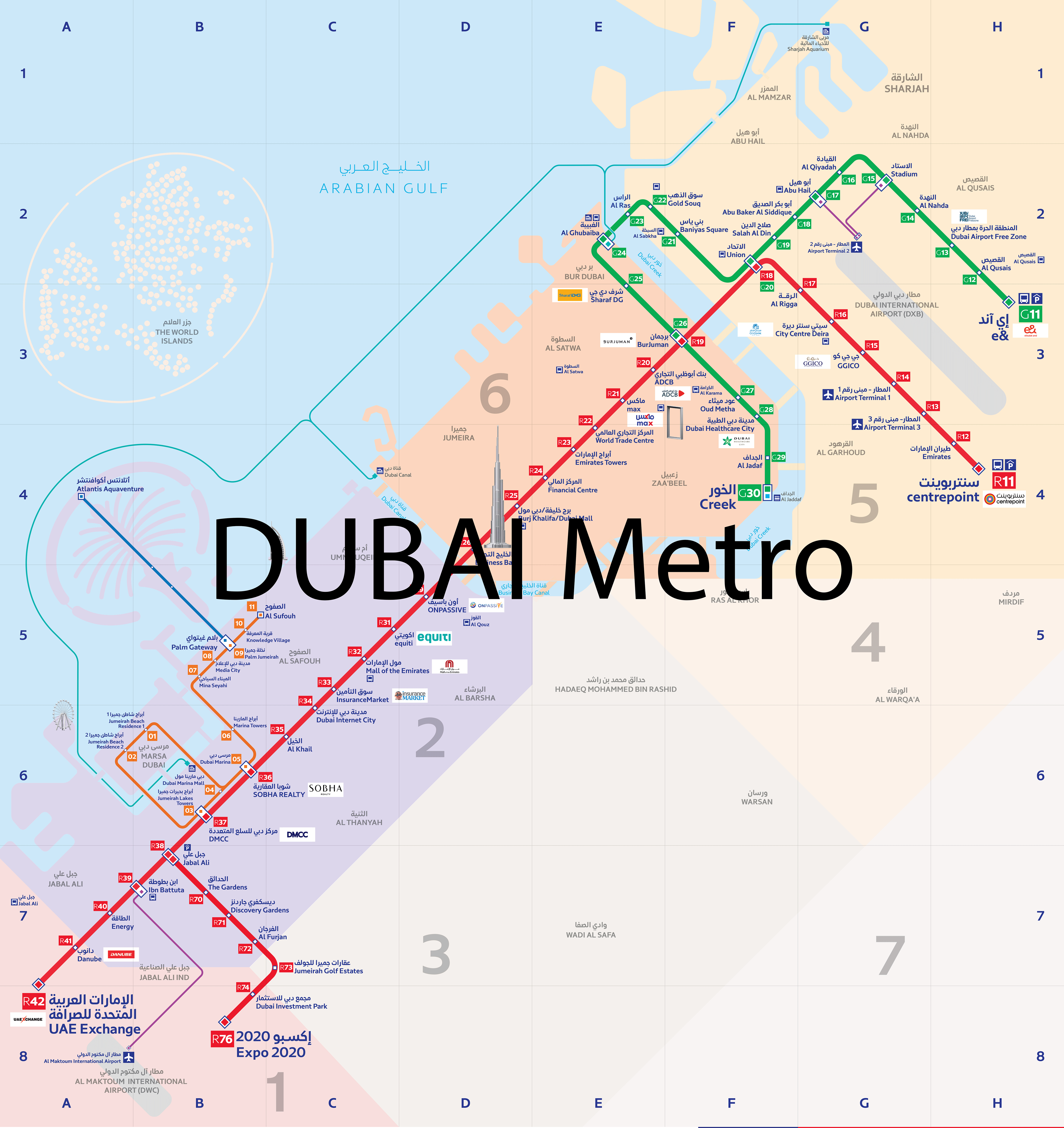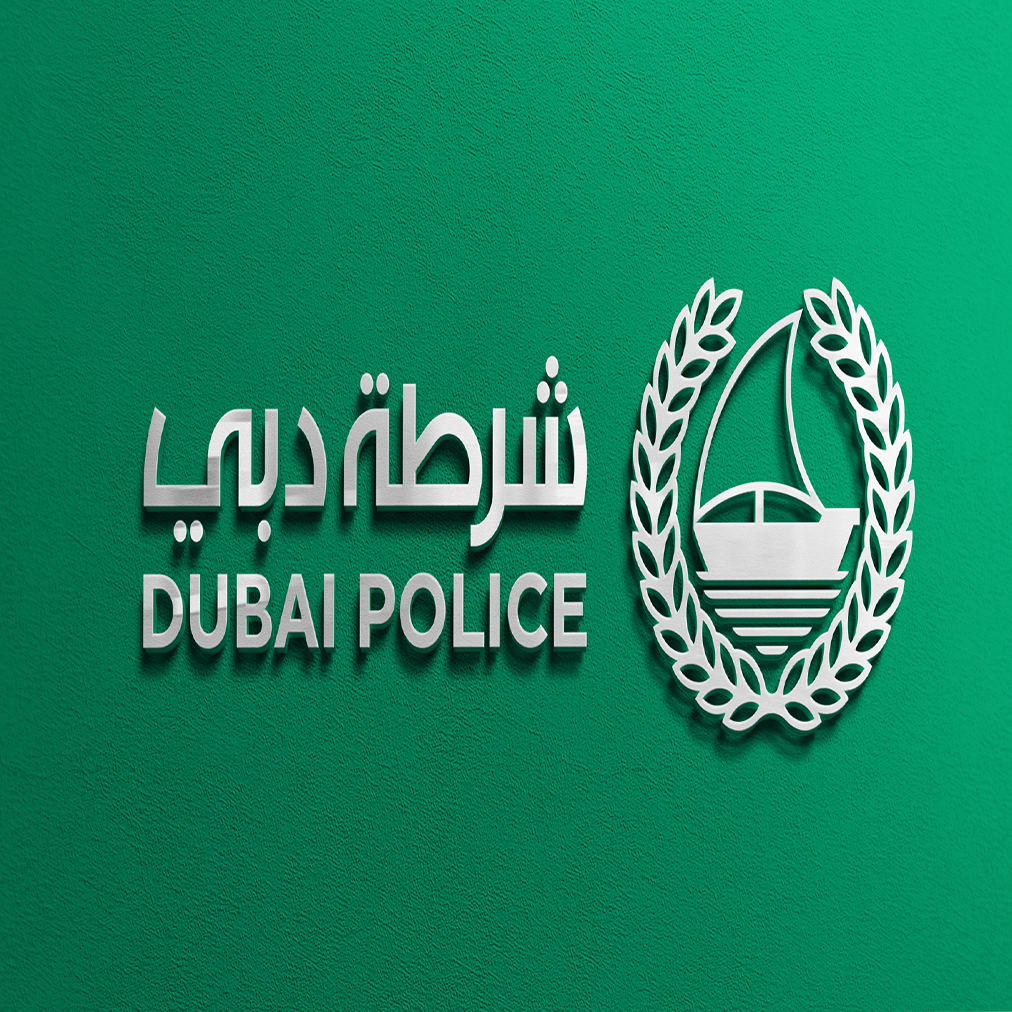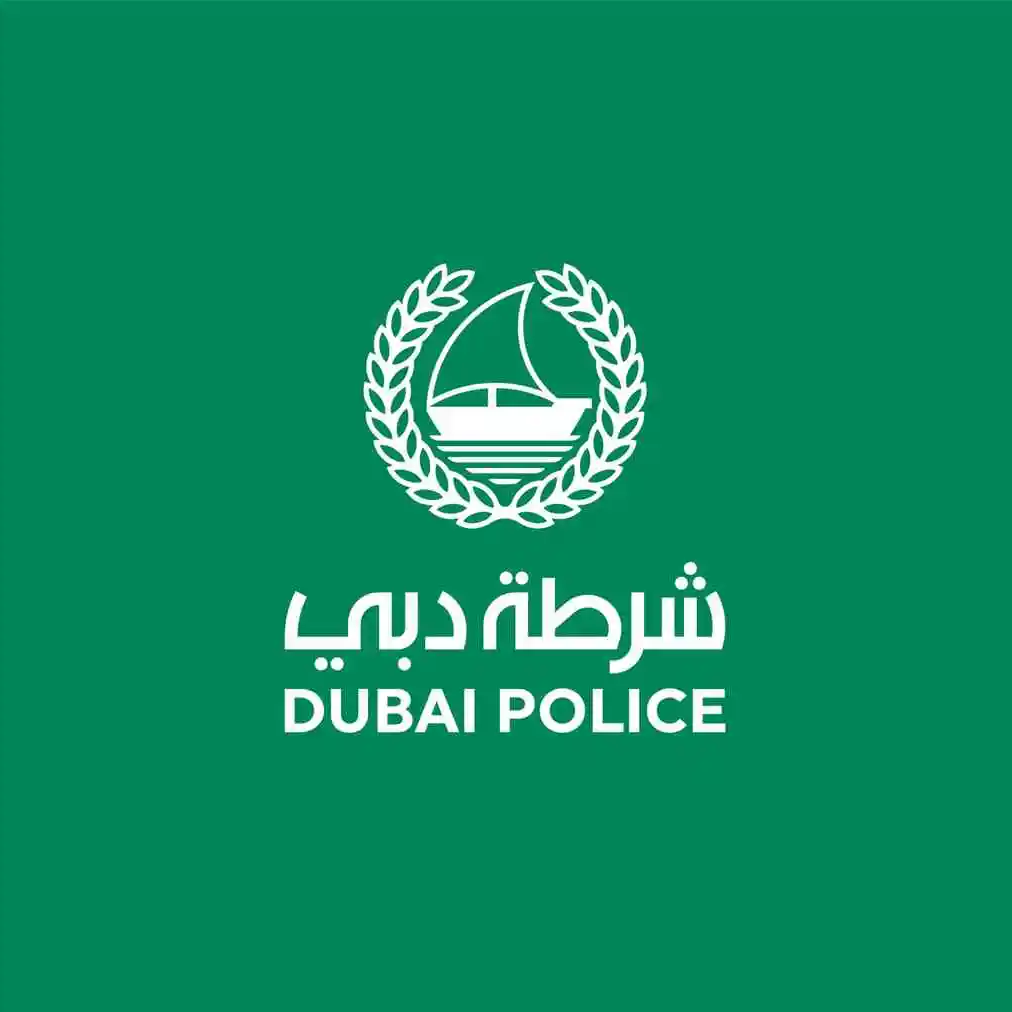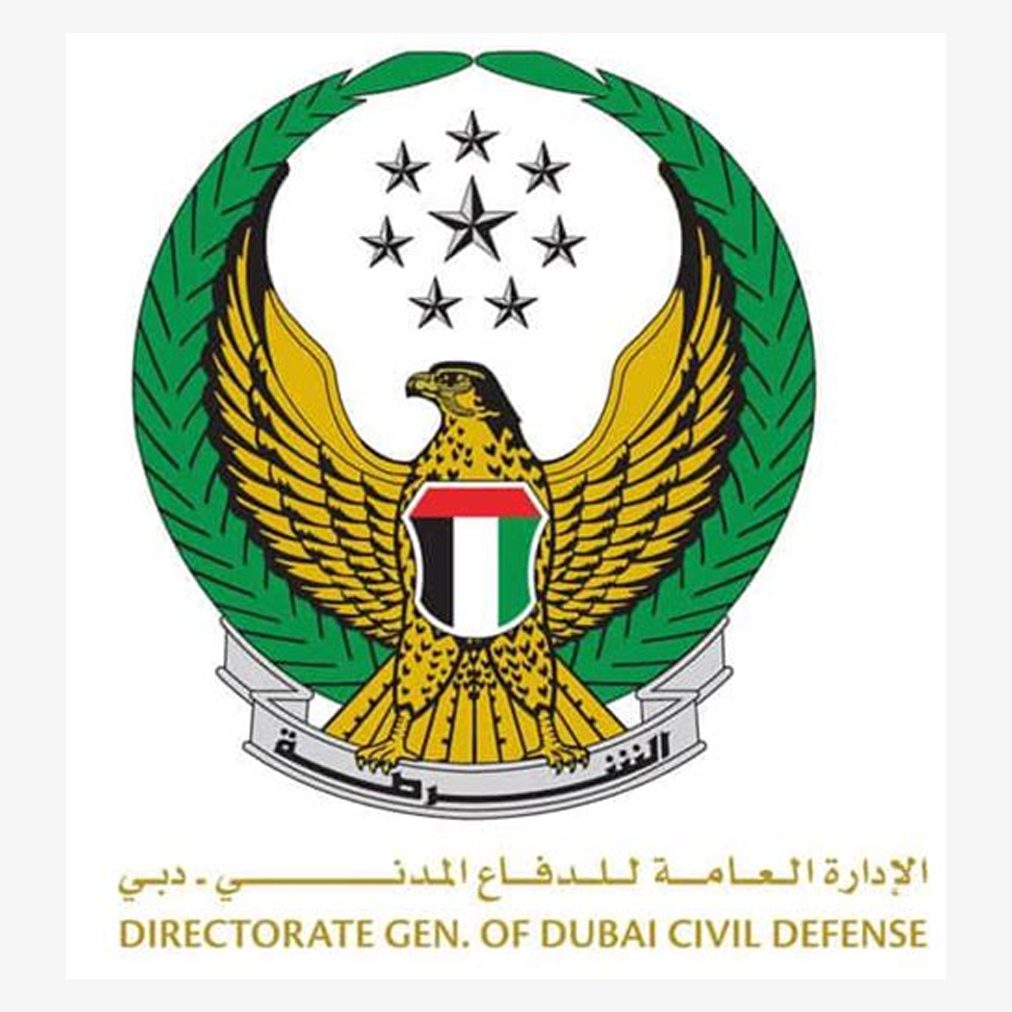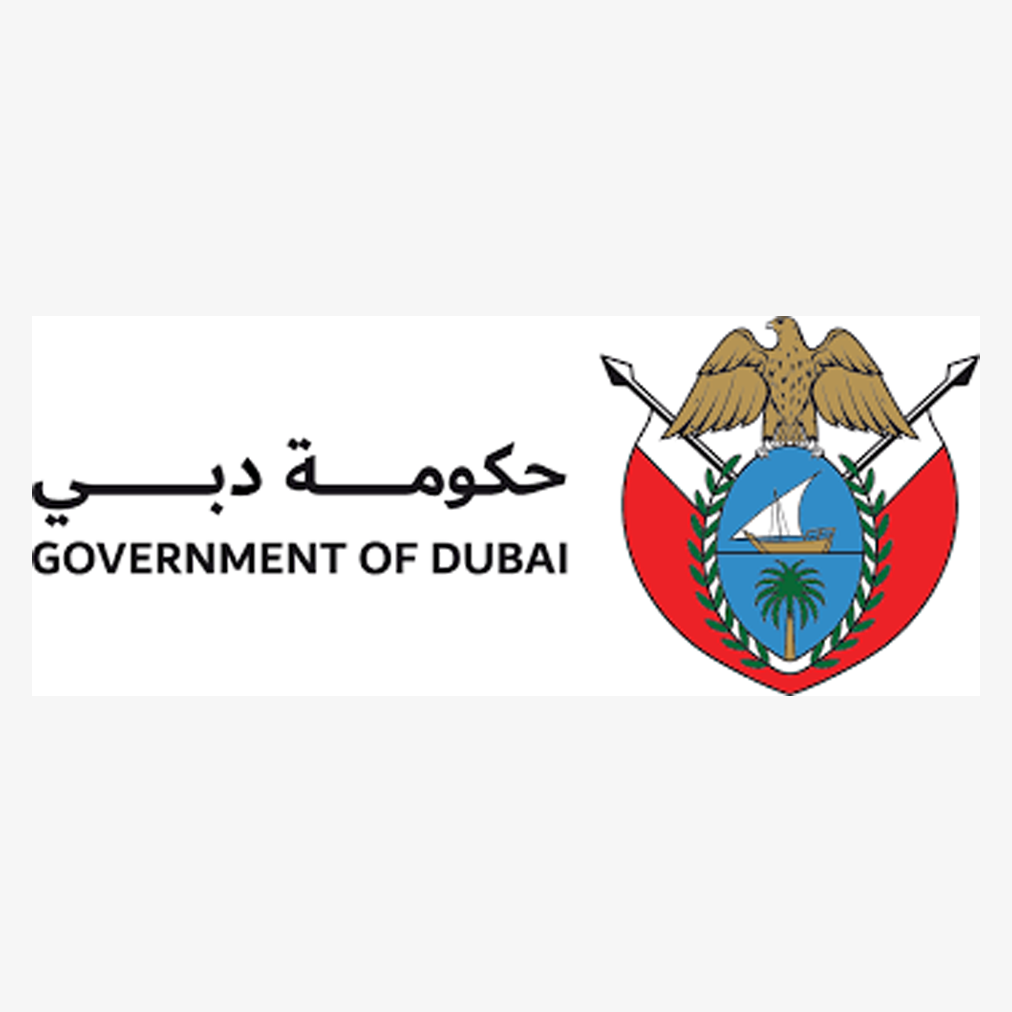Important Phone Numbers for Dubai
Here is the list of important phone numbers for Dubai
Dress Code in Dubai:
Dubai’s dress code varies depending on the location and occasion, but there are general guidelines to respect the local culture and laws of the UAE:
For Women:
Public Places: Clothes should cover shoulders and knees. Avoid wearing very short, tight, or transparent clothing. Beaches and Pools: Swimwear or bikinis are allowed at private beaches and pools. Swimwear is not appropriate in public areas outside the beach. Mosques and Religious Sites: A scarf or shawl to cover the head is required. Long, loose clothing that covers the entire body should be worn.For Men:
Public Places: It’s best to cover shoulders and knees. Avoid wearing very short shorts or just undershirts in public. Beaches and Pools: Swim shorts or trunks are allowed. Wear appropriate clothing outside the beach. Mosques and Religious Sites: Long trousers and appropriate shirts are required.General Tips:
In malls, restaurants, and luxury hotels, Western-style clothing is generally acceptable, but avoid overly revealing outfits. For formal or local events, such as national celebrations, traditional or modest attire is recommended. When visiting Dubai, your attire should not only comply with the rules but also reflect respect for the local culture.Dubai Visa Information:
To visit Dubai, travelers generally need a visa unless they are from visa-exempt countries or eligible for a visa-on-arrival. Below is a guide to understanding the visa requirements and process for Dubai:
1. Types of Dubai Visas
Dubai offers various visa types depending on the purpose and duration of your stay: Tourist Visa: Valid for short visits. Typically issued for 30 days or 90 days. Can be single-entry or multiple-entry. Transit Visa: For travelers transiting through the UAE. Valid for 48 hours or 96 hours. Must be arranged through an airline and cannot be extended. Visa on Arrival: Citizens of certain countries can obtain a visa upon arrival. Usually valid for 30 days, with the option to extend for an additional fee. Work Visa: Required for those planning to work in Dubai. Must be sponsored by an employer based in the UAE. Student Visa: For international students studying in the UAE. Sponsored by educational institutions in Dubai. Residency Visa: For individuals looking to reside in Dubai long-term. Requires sponsorship by an employer, family member, or investment in Dubai.2. Visa Requirements
General documents required for a Dubai visa application include: Passport: Valid for at least 6 months beyond the intended stay. Photograph: Passport-sized photo with a white background. Flight Booking: A confirmed return or onward flight ticket. Proof of Accommodation: Hotel reservation or invitation from a host in Dubai. Bank Statement: May be required to show financial stability (for some visa types). Application Form: Completed and signed.3. Visa Application Process
The process depends on the type of visa you need: a) Tourist Visa: Apply through: Airlines (Emirates, Etihad). Travel Agencies or approved tour operators. UAE Residents who can sponsor your visa. Processing time: Typically 2–5 business days. b) Visa on Arrival: Check eligibility based on your nationality. Present your passport at the immigration counter upon arrival in Dubai. Pay the visa fee (if applicable). c) Transit Visa: Apply through the airline you are traveling with. Must have a layover of at least 8 hours. d) Work or Residency Visa: Arranged by the sponsoring employer, family member, or real estate investment agency.4. Costs of Dubai Visa
The costs depend on the type and duration of the visa: 30-day Tourist Visa: Approx. AED 350–400. 90-day Tourist Visa: Approx. AED 800–1,000. Visa on Arrival: Free for many nationalities; for others, fees may apply. Transit Visa: AED 50–100.5. Extending a Dubai Visa
Tourist and visit visas can usually be extended for 30 days twice. Extensions must be applied for before the visa expires. Cost: Approx. AED 600–700 per extension.6. Countries Eligible for Visa on Arrival
Citizens of countries like the USA, UK, Canada, Australia, and EU member states are often eligible for visa on arrival. Check the official UAE immigration website or consult your nearest UAE embassy for updated lists.7. Important Tips
7. Important Tips Ensure your passport has at least two blank pages for visa stamps. Double-check all documents before applying to avoid delays. Use the official GDRFA Dubai or ICA UAE websites for reliable information. For urgent travel, opt for express visa services at an additional cost. For a hassle-free experience, confirm your visa requirements well in advance of your trip.Transportation in Dubai:
Dubai offers a modern and efficient transportation system, making it easy to navigate the city. Here’s an overview of the main modes of transport:
1. Dubai Metro:
Overview: The Dubai Metro is a fully automated, driverless train system with two main lines (Red Line and Green Line). Advantages: Affordable, clean, and fast. Convenient for reaching major attractions like Burj Khalifa, Dubai Mall, and Dubai Marina. Tips: Purchase an NOL Card for easy access (available in multiple types: Silver, Gold, and Blue). Follow the designated sections for women and children.2. Buses:
Overview: The bus network covers most areas of Dubai and is well-connected with metro stations. Advantages: Air-conditioned and budget-friendly. Ideal for areas not covered by the metro. Tips: Use the NOL Card for payment. Check schedules on the RTA (Roads and Transport Authority) app.3. Taxis:
Overview: Taxis are widely available and operated by the government-regulated Dubai Taxi Corporation. Advantages: Comfortable and convenient for door-to-door travel. Metered fares ensure transparency. Tips: Use ride-hailing apps like Uber or Careem for more options. Taxis accept cash and credit card payments.4. Tram:
Overview: The Dubai Tram operates in areas like Dubai Marina and Jumeirah. Advantages: Connects with the metro and offers scenic views. Convenient for tourists staying in beach areas. Tips: Use the NOL Card for tram rides. Runs from early morning until midnight.5. Water Transportation:
Options: Abra (Traditional Boats): Cross Dubai Creek for a traditional and affordable experience. Dubai Ferry: Scenic rides along the coastline with views of landmarks. Water Taxi: Private and more expensive, but flexible routes. Tips: Check schedules and routes for ferries. Abra rides are very economical and popular among tourists.6. Rental Cars:
Overview: Car rentals are ideal for exploring areas outside the city or for more flexibility. Advantages: Perfect for visiting places like the desert or Abu Dhabi. Modern highways make driving easy. Tips: An international driving license is required for tourists. Watch out for strict traffic laws and speed cameras.7. Cycling and Scooters:
Overview: Bike and e-scooter rentals are available in select areas like Downtown Dubai and Dubai Marina. Tips: Use designated lanes to ensure safety. Rental apps like Careem Bike can be used for access.8. Walking:
Overview: While Dubai is not primarily a walking city, areas like Downtown Dubai and JBR (Jumeirah Beach Residence) are pedestrian-friendly. Tips: Avoid walking during the hot summer months. Use shaded walkways where available.General Tips:
Download the RTA app for real-time updates, schedules, and route planning. Plan trips around peak hours to avoid heavy traffic. Always carry your NOL Card, as it works across most public transport modes. Dubai’s transportation system is modern, efficient, and designed to cater to both residents and tourists.SIM Cards in Dubai:
If you're traveling to Dubai, getting a local SIM card is highly recommended for internet access, calls, and messaging. In Dubai, the two main telecom operators are Etisalat and du. Below is everything you need to know about SIM cards and how to get one:

